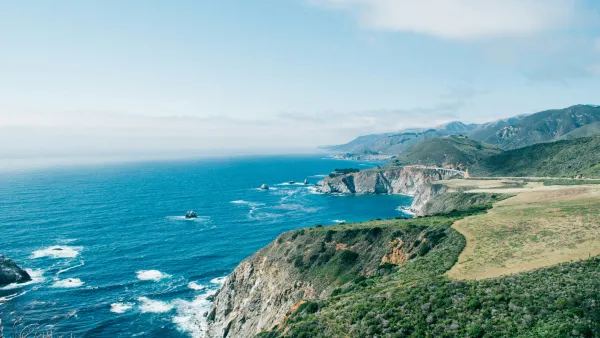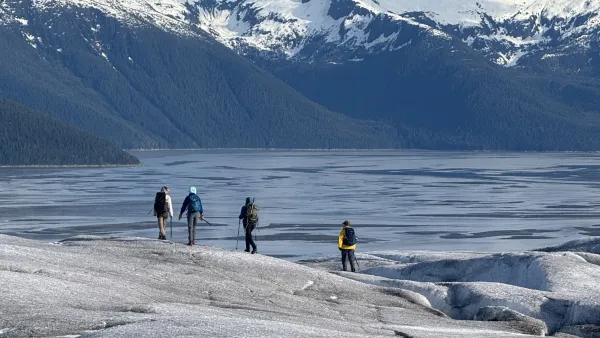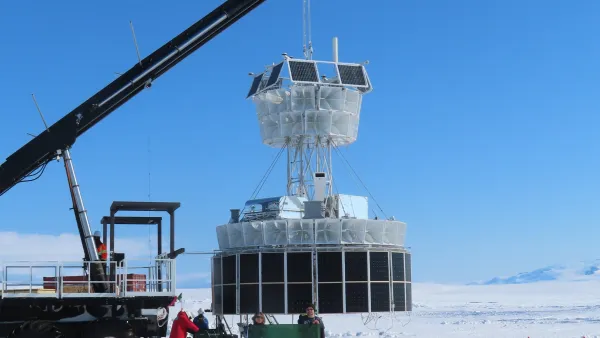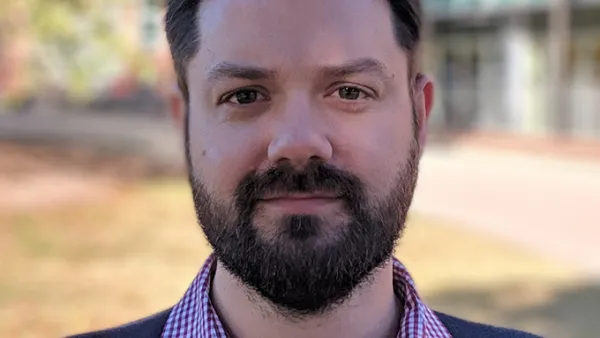
Friedlander was born in Cape Town, South Africa on November 15, 1928. He earned his Bachelor's and Master's degrees, with honors, from the University of Cape Town, where he served as a junior lecturer in 1951-1952. He went on to earn his PhD in physics from the University of Bristol in Bristol, England, where he also served as a research associate in 1954-1956. He arrived in Bristol in late 1952 and collaborated closely with MGK Menon during his time there, staying for a time as a junior faculty member. Friedlander came to Washington University as an assistant professor of physics on August 1, 1956 to replicate the Cosmic Ray Laboratory that he had known in Bristol. He was promoted to full professor of physics in 1967. He did intensive work in the Washington University Physics Laboratory, and was beloved by his students.
Professor Friedlander's research concerned cosmic rays and related infrared and gamma ray astronomy. His earlier experimental work related to the properties of the 'strange' particles produced in the collisions of high energy cosmic ray particles. This included the discovery of the beta decay of the kaon and the first precision measurement of the mass of the lambda-zero hyperon. He also discovered several events in nuclear emulsions showing the "associated production" of "kaons and hyperons." Friedlander was interested in finding a common ground among these apparently separate topics as well as radio astronomy from which it is known that many celestial objects display non-thermal spectra indicating the presence of high energy electrons. He investigated the effects of cosmic ray particles in dust and gas surrounding Eta Carinae, an extremely luminous object that may well also be a source of energetic particles. He published two books on cosmic rays, Cosmic Rays and A Thin Cosmic Rain: Particles from Outer Space, an astronomy textbook, Astronomy: From Stonehenge to Quasars, and numerous research articles.
The John Simon Guggenheim Memorial Foundation awarded Friedlander a Guggenheim Fellowship in 1962.
"Mike was a dear friend and valued mentor to me throughout my time here at Washington University, and I know others who would say the same," said Martin Israel, professor of physics in Arts & Sciences. "In addition to being an accomplished physicist and astrophysicist he was an outstanding citizen of the department of physics and of the Washington University community.
“He chaired the Faculty Senate during the difficult times of the late 1960s; for many years he was responsible for the Observatory on the roof of Crow Hall and opening it to the community; and he created and organized for many years the Saturday Science Lecture Series that brought the wonders of physics to the broader community of Washington University and beyond,” Israel said. “Those are just a few of the ways he benefited all of us.”
Friedlander was interested in the interface between science and society and in the structure of science. He taught courses in the history of science and in the contrast between science and pseudoscience, and wrote two books in this area, At the Fringes of Science and The Conduct of Science.
“Mike was particularly interested in the continuity between how we do science through what we do all the way to the impact of science on society,” said Michael Ogilvie, professor of physics in Arts & Sciences. “Mike, Carl (Bender), Wim (Dickoff) and I team-taught Physics and Society for its first decade. It has been taught every year since it was begun, and is one of our most popular courses for undergraduates who are not STEM majors.
“It’s hard to encompass Mike Friedlander in a few words,” Ogilvie said. “He was very kind to everyone, and cared deeply about the university community, but could be very tough-minded on science issues. In this age of misinformation and disinformation via social media, it’s clear he was correct to always emphasize how science rejects pseudoscience and works toward objective knowledge.”

(Photo by David Friedlander, at their
50th anniversary, 2008
Originally conceived in 1994 as a one-time set of lectures to explore what physicists don’t know, the Saturday Science Lecture Series has become a staple of the University’s intellectual life outside of the classroom. The series has moved into a virtual presentation in the past year and continues to be enjoyed and well-attended. Friedlander organized the series from its conception until 2015.
Friedlander was a significant and respected member of the Department of Physics and one of the original members of the McDonnell Center for the Space Sciences at its inception in 1975. He was very active with university affairs, serving as president of the local chapter of the American Association of University Professors and vice-president of the national AAUP. He was an active member of the Committee for Nuclear Information, which - through its Baby Tooth Survey - demonstrated that milk fed to growing children downwind of nuclear testing sites was contaminated by radioactive strontium-90 from bomb-test fallout, thus advocating for the above-ground Nuclear Test Ban Treaty of 1963. Friedlander served as the chair of the Library Services Committee for many years, overseeing the Physics Library and he also served as an ombudsman at Washington University for several years.
Michael Friedlander is survived by his wife, Jessica, his two children, David and Rachel, and three grandchildren, Noah Friedlander, Jonathan Tickner and Rafael Friedlander.
A private funeral service was held Sunday, May 2 at 11:00 am CDT.
Memorial contributions can be made to Chai South Africa (which cared for many Friedlander relatives at Highlands House, Cape Town).
Read more at The Record.



